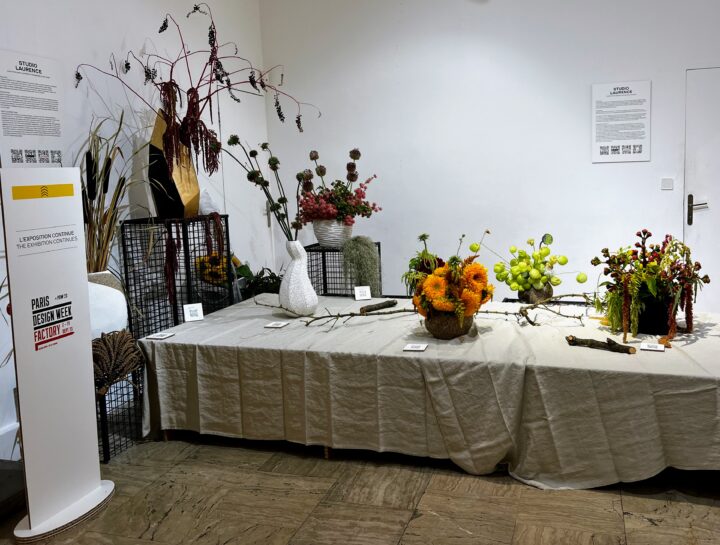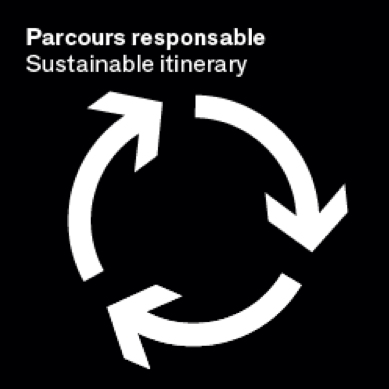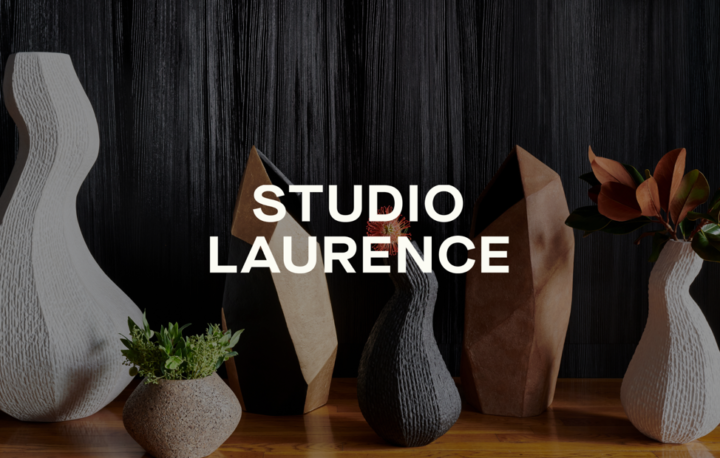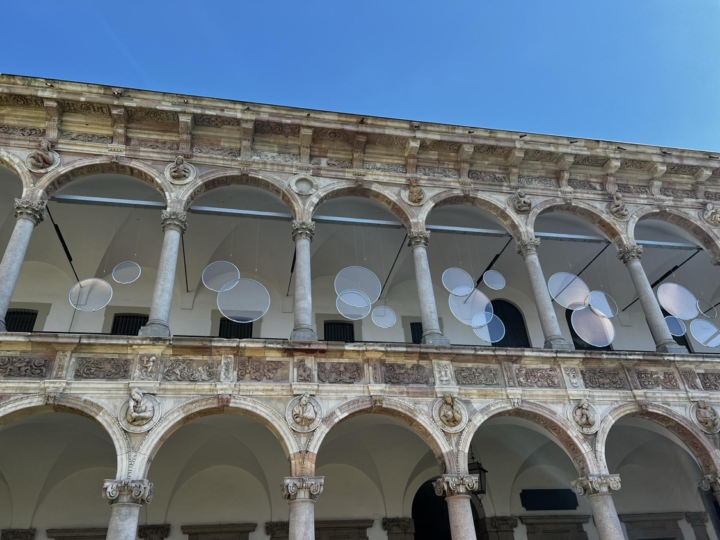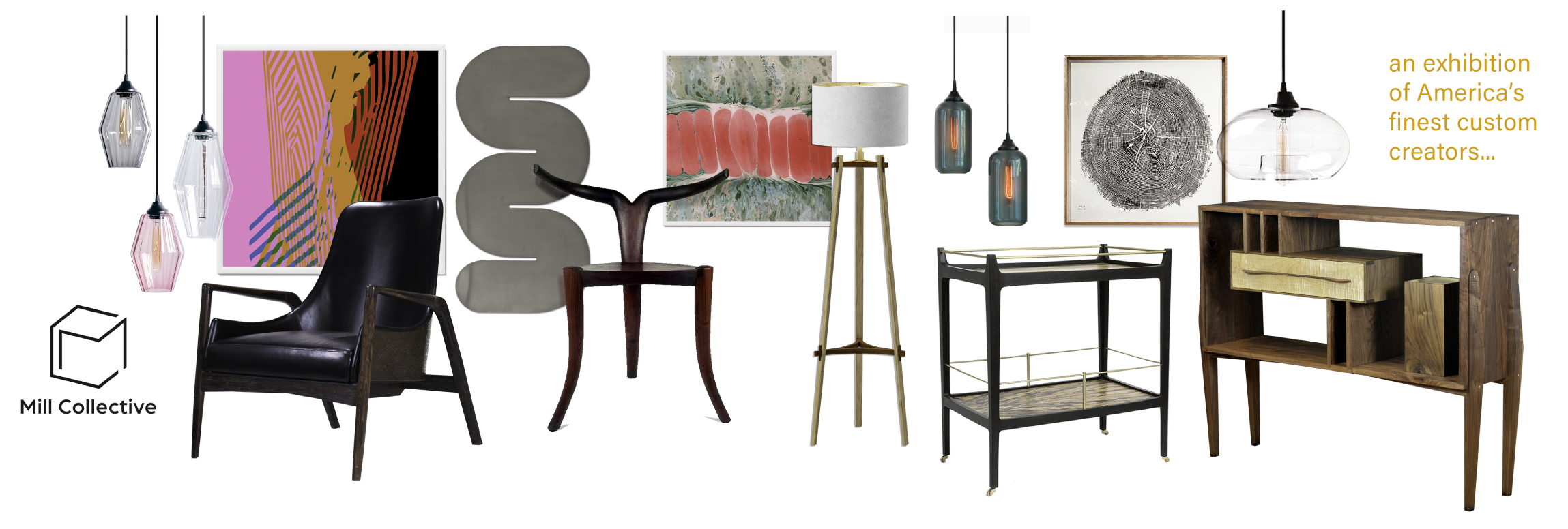
The Laurence Carr Design team discovered Mill Collective whilst visiting High Point Market in October, and we immediately knew that we had found a group of kindred spirits. Lead by notable industry visionaries, Luciana Mikos and Tim Branscome, Mill Collective is an incredibly unique “curated talent platform” that exhibits a collection of new designers and fresh product at each High Point Market, connecting talented artisans with buyers, designers and other key interior design industry players. Honoring small-batch, handmade products, traditional design, and sustainable production practices, Mill Collective provides their artisans with studio space at no cost, allowing them to focus on the creative process. These artisans are focused on creating lasting, luxurious pieces, bringing new life to the modern interior design market by keeping old-world quality and attention to detail alive.
I was so inspired by this group that I asked Tim Branscome, CEO and co-founder at MILL Collective, to give us an in-depth look at Mill Collective’s mission of facilitating the success of independent artisans, and I know you will enjoy hearing from him as much as I did.
LCD: Mill Collective is a really interesting concept that I found so intriguing upon visiting High Point. Can you tell us what exactly Mill Collective is and how it came about?
MC: MC is a “curated talent platform” for furnishings makers and designers. Currently we consist of 35 independent artisans and small-batch producers based across ten states, creating modern design. Our emphasis has been on establishing a community of like-minded, skilled creatives to join forces and more effectively work together with interior designers, architects, small retailers and shared projects. We share resources very much the same way specialized co-working spaces do. In many ways, we act as a type of incubator or mentor for our members introducing them to key players and processes of the industry that they typically would not be able to reach on their own. To date, we have organized exhibitions and events in the physical space; in the next phase, we are establishing a digital platform with a number of unique tools that will benefit our members and customers alike.
Clustering of small enterprises in the furnishings and design sectors to enable their participation in the marketplace has been my focus for more than 25 years. I worked mostly in Europe, where trade consortiums are quite the norm and especially so in the design sector, where companies tend to be very small and family owned. When returning to live in the US, I observed that demand was shifting from mass-produced goods in favor of craft, customized and locally created products and even the furnishings market was starting to resemble the European model.
The “modern makers movement,” as it has come to be known, has attracted newer generations into the industry. Equipped with their enthusiastic entrepreneurial spirit, combined with passion for craft and their technology skills, they are churning out fresh ideas and new designs. They are also bringing new values to the industry such as respect for intellectual property and the environment and are more comfortable collaborating than competing with each other.
We launched the Mill Collective in 2017 as a group of 25 makers and small batch producers at the High Point Market in a 20,000 square foot showroom contributed by our friends at Cisco Brothers. The idea was to introduce new talent and resources to the growing numbers of interior designers, architects and small specialized retailers who were looking for sustainable furnishings, customization abilities and unique designs which were not easily available in High Point at the time. Most of the members of our group were very small and as new companies, lacked the resources to participate in High Point Market independently. By working as a cluster, we were able to make their participation affordable and more effective by handling all of their marketing and organization.
As a larger group of like-minded and non-competing small businesses, we were able to attract notice from relevant trade media and buyers. Through our single identity as a resource for: “Authentic modern-designs centered on sustainability and small production,” we were able to perfectly connect our makers with the right audience. WE have just completed our sixth exhibition at the High Point Market. Our business model has evolved from a “marketing cluster” to a linked network active in both physical and digital space.
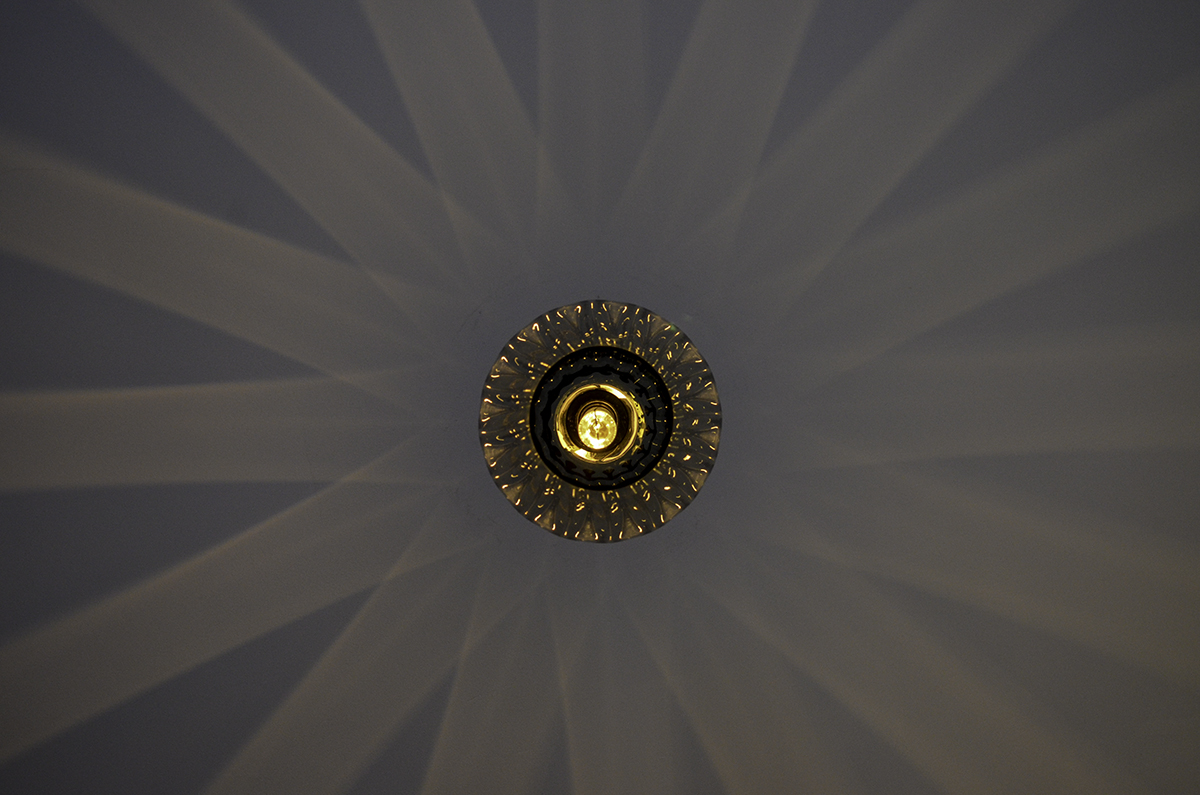
LCD: Who are some of the latest brands to join Mill Collective, and what made them the right fit for the group?
MC: In October, we introduced several new members: 9 & 19, Ellis Table Co., John Bohnhoff, Stillwater, Design with Purpose, Wise Living, Daniel Rickey, Wigu Studio, Venture Gaming and Jill Seale Design Studio. All of these companies produce their own designs in the USA and work with sustainable materials and practices in the production of their designs. They are also very entrepreneurial and serious about their work, capable of customization and complete projects on time. Nearly all members produce furniture, but we also include lighting, ceramics, art, gaming and textile design and products.
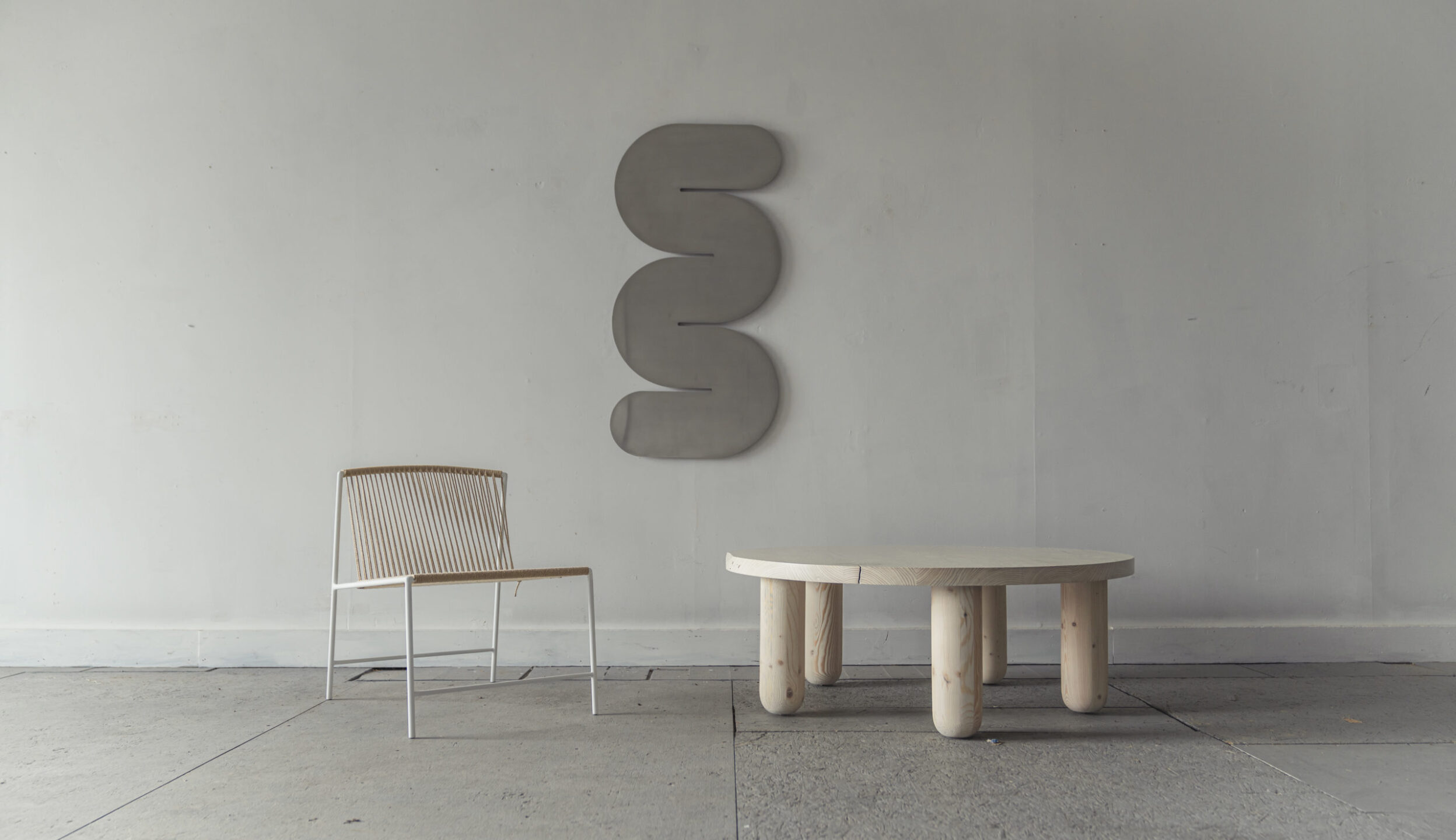
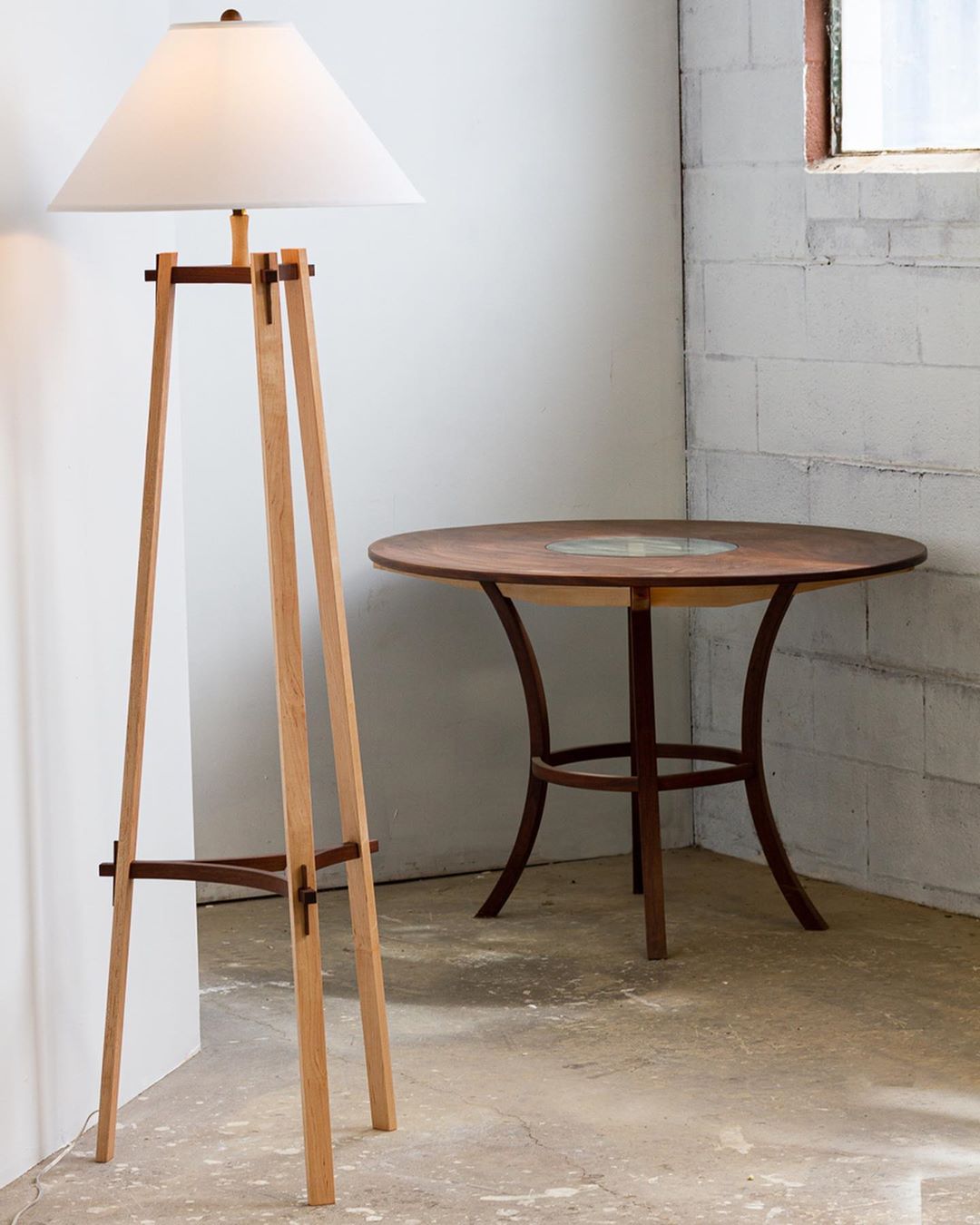
LCD: Starting a small business presents infinite challenges in the interior design industry, and Mill Collective provides a unique springboard for its members in the form of invaluable networking with established industry professionals. What is the best advice you have for up and coming artisans hoping to be accepted into Mill Collective?
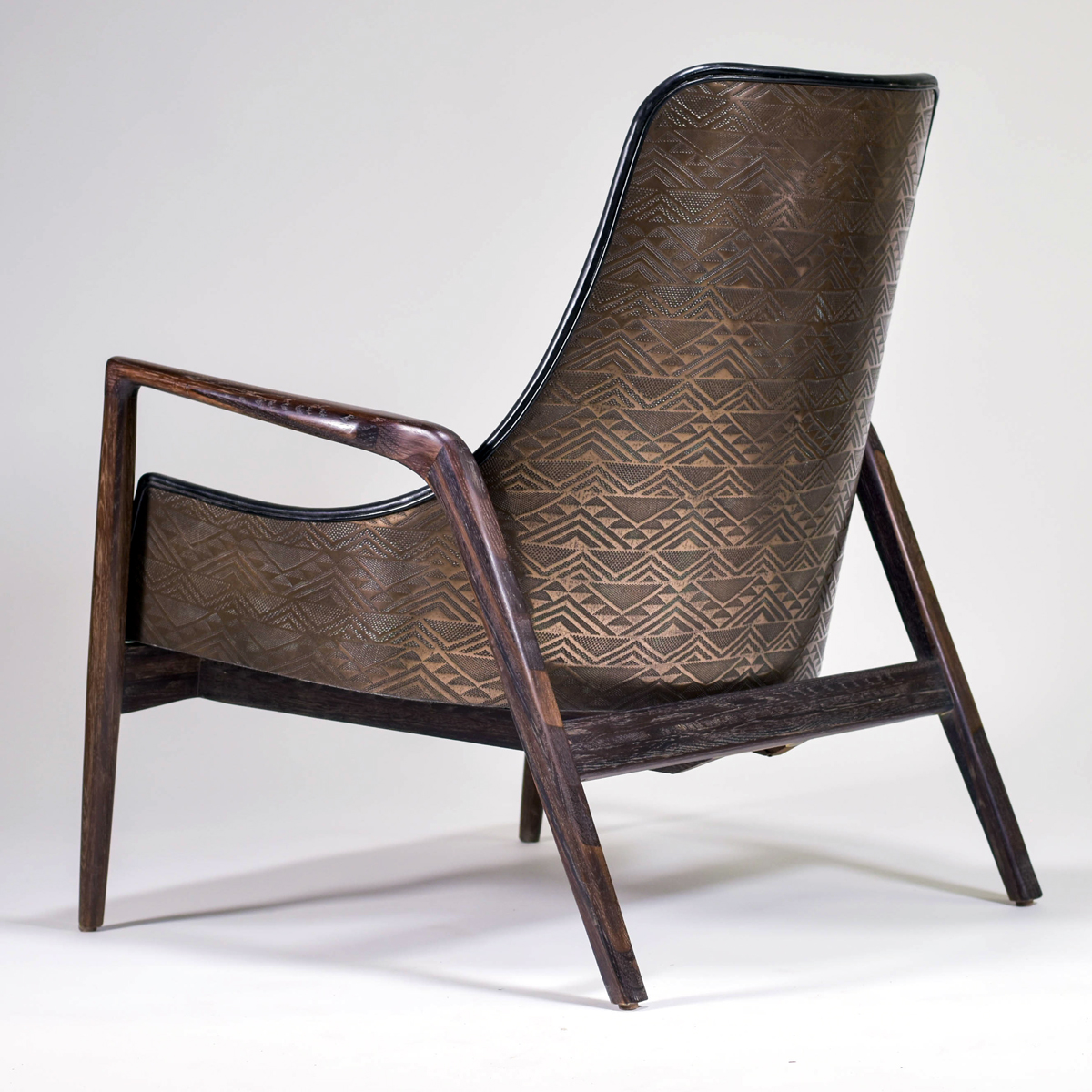
MC: Many artisans start out based on their passion to create and the recognition that they have a particular talent for making. Once they have made the decision to earn a living from their skills, they need to recognize that they are also building a brand and operating a business. Since their name and reputation are the brand, they need to handle it very carefully. Core to this is sticking to their values and principles and delivering what they promise – on top of actually completing work that they can be proud of. A real challenge for independents and small creative businesses is gaining exposure and validating their abilities to a huge marketplace. Likewise, the actual reality of running a business can be a challenge and potentially consumes more time and money than one may anticipate.
We work with only the most talented and dependable artisans who are capable and qualified to work with trade customers. Originality and sustainability are very important criteria. Another key importance comes down to the Artisans’ mindset – collaboration and sharing is the basis for the Mill Collective community. Our members help and learn from each other. All of our members have been referred to us by other members or buyers. Having this point of reference has allowed us to assemble a very good group that works well together. Given that an artisan has the talent and shares our values – it is very important that they are a good cultural fit too.
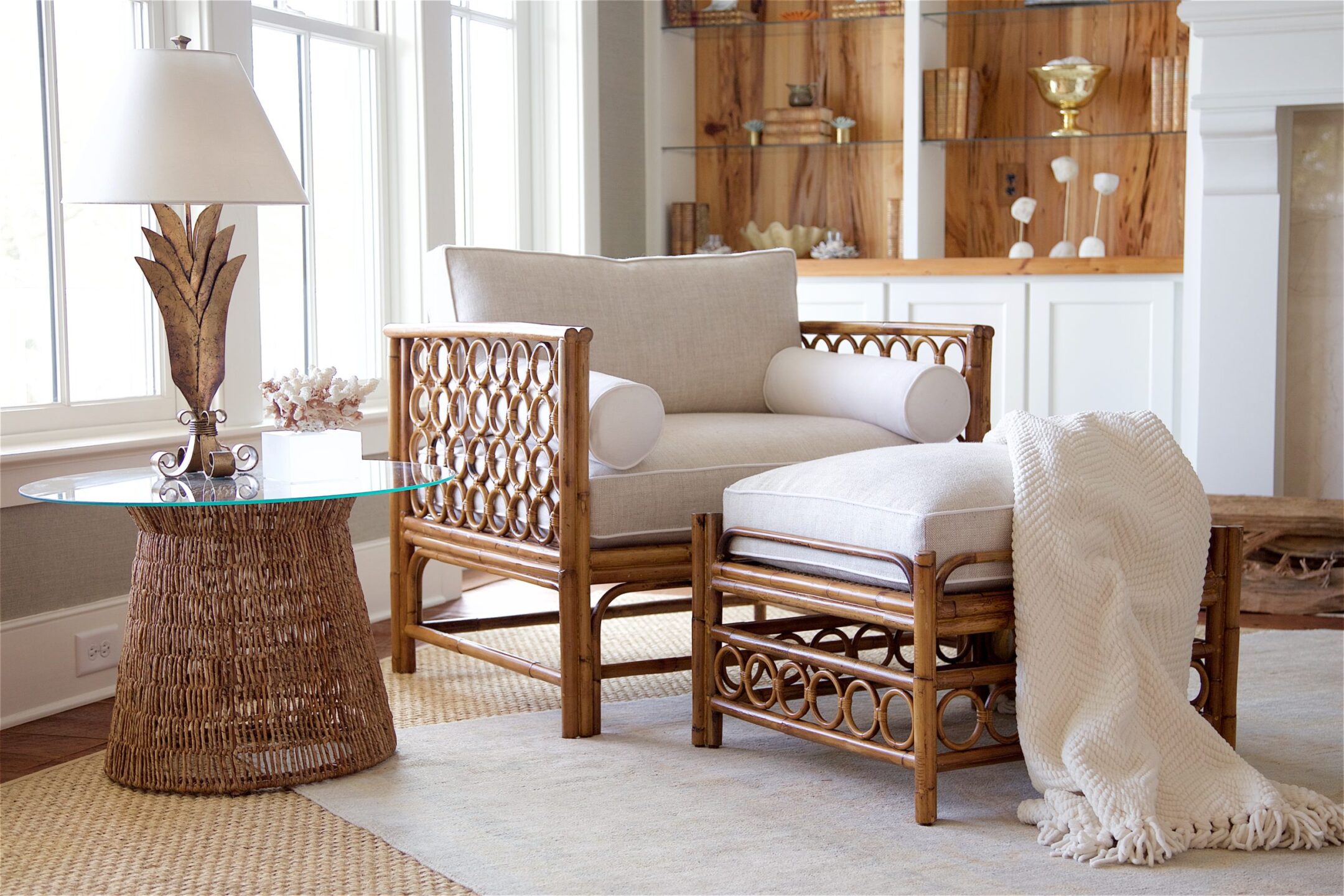
LCD: Being at the forefront of a highly curated, modern, design-centric group must give you excellent foresight into where the market trends will go in coming seasons. What innovative trends do you see blossoming in 2020?
MC: While there is clearly growing interest for original modern design and uniqueness, the real topic of conversation extends beyond “look and feel.” The stories, the human element in the creation of the piece, are of growing importance. More than ever, buyers are interested in understanding the materials used.
Repurposed and recycled materials will continue to be a hit for 2020. We observe that repurposed wood is very popular – aside from the richness and beauty, people like the fact that wood is given a “second life” and quite often, the story behind the history of the wood has great appeal. Reinvention of items into furniture is exciting. For example, one of our members creates furniture out of old post-office mail boxes. Everyone who visited our gallery was talking about that particular design.
LCD: Educating the industry and clients on sustainability in design is something I am incredibly passionate about. It has become an undeniable fact that wasteful production and logistics practices are causing great harm to our planet’s and, in turn, our own well being, and moving toward sustainable measures is now of urgent importance. As someone who has line of sight to the latest innovation coming into the market, what is your take on the state of the industry as it relates to sustainability?
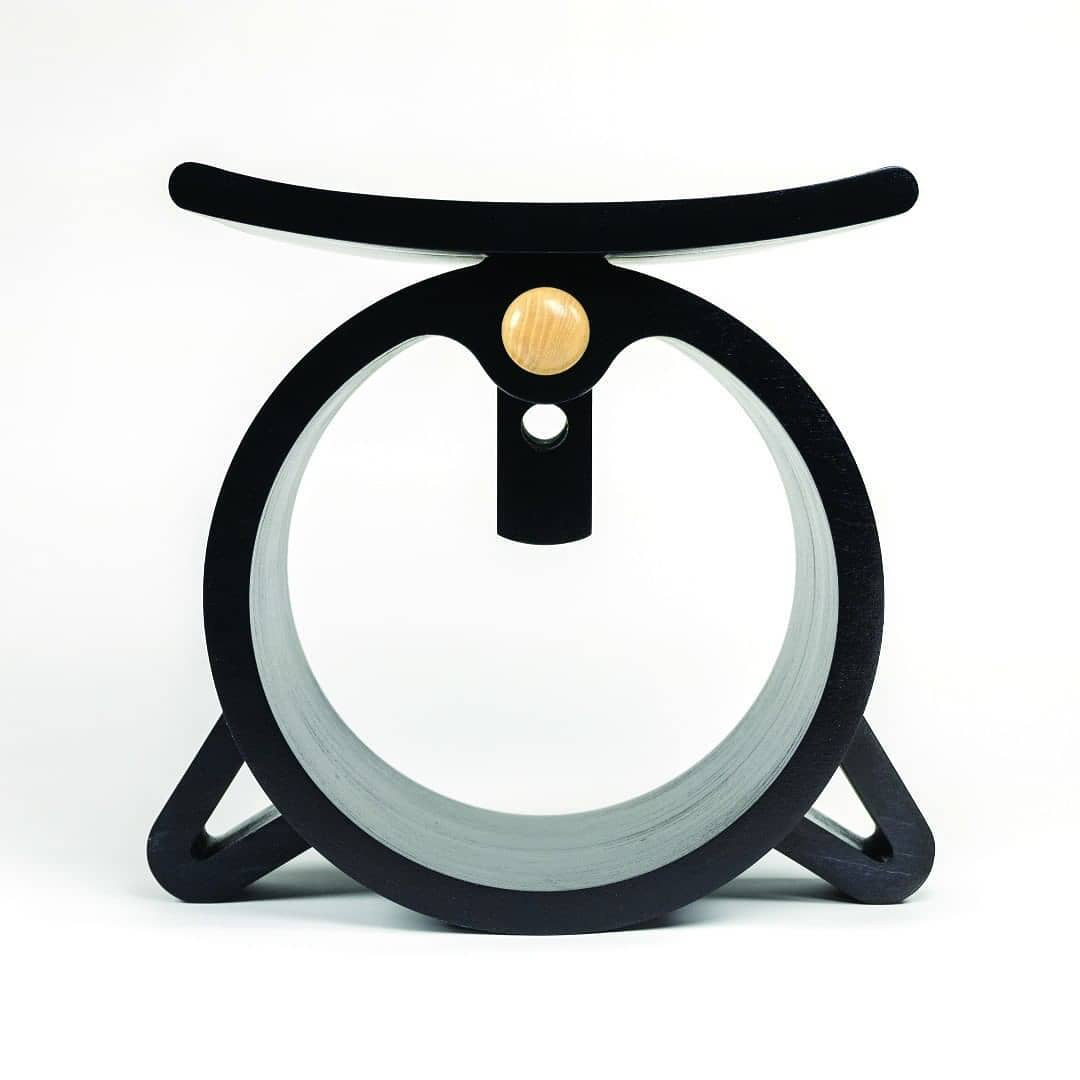
MC: The issue of sustainability has never been as important as it is today. People want to know about the materials, how the artisan manages waste and cares for the environment. As an example, for years the Sustainable Furnishings Council has distributed a list of companies that adhere to sustainable practices. This year we observed that about half of the new buyers visiting our gallery at the High Point Market in October came because they noticed we were members of SFC.
It is clear that buyers are putting much more thought into selection of pieces for the home. Price is not the key factor as it has been in the past. Consumers are clearly tuned in to creating healthy environments to live in and the “feel good” factors of surrounding yourself with items that are not destroying the planet is clearly of importance and of particular importance with younger buyers entering the market.
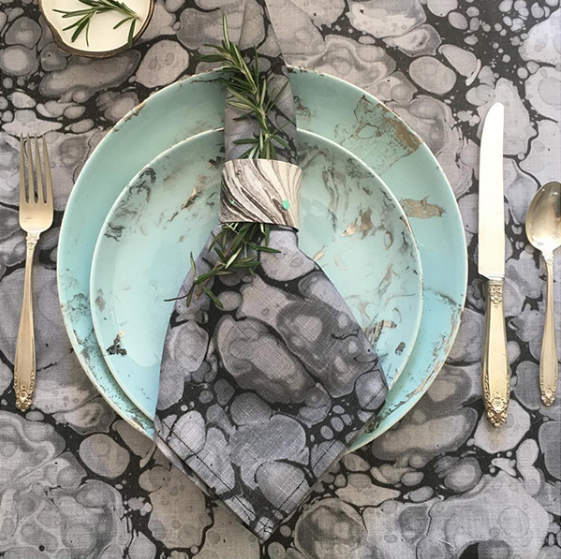
LCD: To continue on the topic of the future, where do you see Mill Collective going in 2020? In 2025?
MC: In 2020 we plan to widen our marketing efforts and further develop a “shared production” program where we can support our members to produce multiple and small batch quantities of their designs when faced with orders that extend beyond their normal production capacity. We will also move further into some of the back-end business services we provide to members, allowing them to spend more time actually creating and making. Having been in business for three years, we are still a young company pioneering our way and 2025 seems far away. In general, I will say that our objective is to empower the individual small businesses we work with by equipping them with resources they would likely not be able to attain on their own. This ranges from technology to financial resources to customer service. We aim to support them so they can benefit from the flexibility and freedom they already enjoy by being small business owners and at the same time, the benefits afforded to being part of a larger organization. Working in isolation can be great for focus, but it is essential to be part of a larger family to stay connected, up-to-date and remain relevant.
I would like to extend a sincere thank you to Tim and Mill Collective for this fabulous conversation! Be sure to visit Mill Collective on your next trip to High Point, and follow them on Instagram and Facebook for more inspiration.

